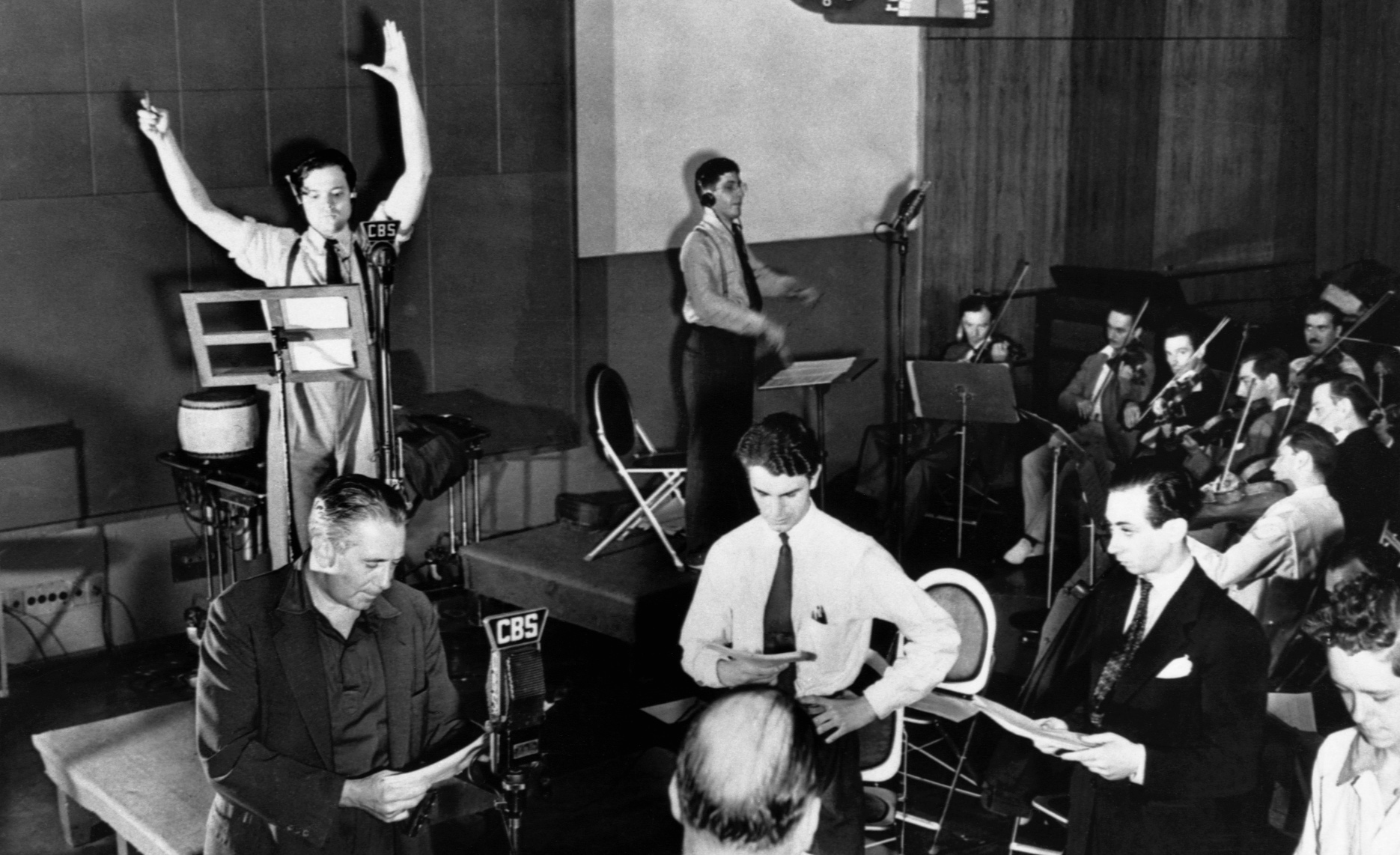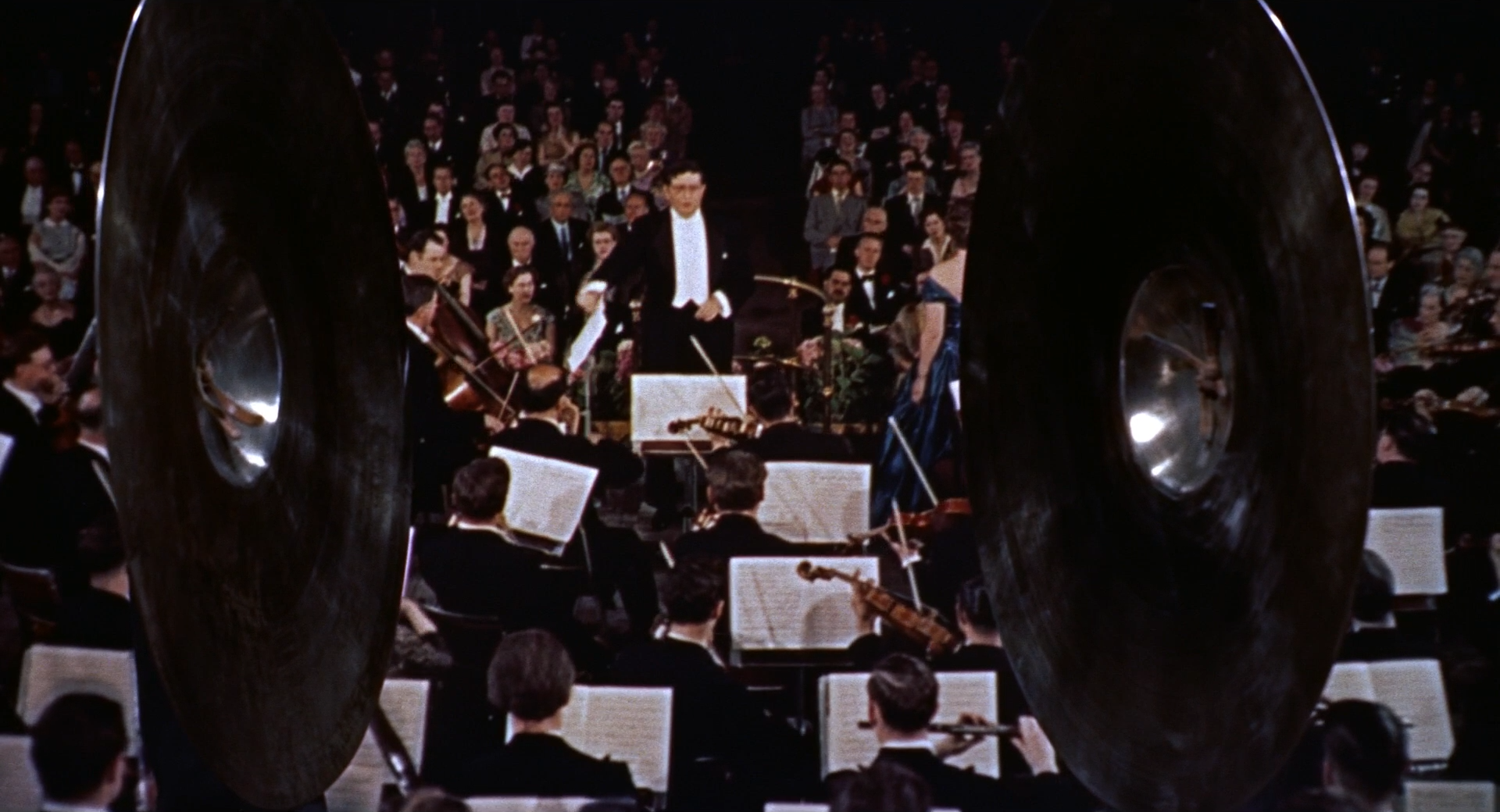|
The Mercury Theatre On The Air
''The Mercury Theatre on the Air'' is a radio series of live radio dramas created and hosted by Orson Welles. The weekly hour-long show presented classic literary works performed by Welles's celebrated Mercury Theatre repertory company, with music composed or arranged by Bernard Herrmann. The series began July 11, 1938, as a sustaining program on the CBS Radio network, airing Mondays at 9 pm ET. On September 11, the show moved to Sundays at 8 pm. The show made headlines with its "The War of the Worlds (1938 radio drama), The War of the Worlds" broadcast on October 30, one of the most famous broadcasts in the history of radio due to the panic it allegedly caused, after which the Campbell Soup Company signed on as sponsor. ''The Mercury Theatre on the Air'' made its last broadcast on December 4 of that year, and ''The Campbell Playhouse (radio series), The Campbell Playhouse'' began five days later, on December 9. Production After the theatrical successes of the Mercury Theatre ... [...More Info...] [...Related Items...] OR: [Wikipedia] [Google] [Baidu] [Amazon] |
Richard Wilson (director)
Richard Alan Wilson (December 25, 1915 – August 21, 1991) was an American director, actor, writer and producer closely associated with Orson Welles and the Mercury Theatre. accessed 20 April 2014 Select filmography  * '' The Lady from Shanghai'' (1948) - associate ...
* '' The Lady from Shanghai'' (1948) - associate ...
[...More Info...] [...Related Items...] OR: [Wikipedia] [Google] [Baidu] [Amazon] |
The Campbell Playhouse (radio Series)
''The Campbell Playhouse'' (1938–1940) was a live CBS Radio, CBS radio drama series directed by and starring Orson Welles. Produced by Welles and John Houseman, it was a sponsored continuation of ''The Mercury Theatre on the Air''. The series offered hour-long adaptations of classic plays and novels, as well as adaptations of popular motion pictures. When Welles left at the end of the second season, ''The Campbell Playhouse'' changed format as a 30-minute weekly series that ran for one season (1940–41). Production As a direct result of the front-page headlines Orson Welles generated with his 1938 Halloween production "The War of the Worlds (1938 radio drama), The War of the Worlds", Campbell Soup Company, Campbell's Soup signed on as sponsor. ''The Mercury Theatre on the Air'' made its last broadcast December 4, 1938, and ''The Campbell Playhouse'' began December 9, 1938. The series made its debut with Welles's adaptation of ''Rebecca'', with guest stars Margaret Sullavan ... [...More Info...] [...Related Items...] OR: [Wikipedia] [Google] [Baidu] [Amazon] |
Campbell Soup Company
The Campbell's Company (doing business as Campbell's and formerly known as the Campbell Soup Company) is an American company, most closely associated with its flagship canned soup products. The classic red-and-white can design used by many Campbell's branded products has become an American icon, and its use in pop art was typified by American artist Andy Warhol's series of ''Campbell's Soup Cans'' prints. Campbell's has grown to become one of the largest processed food companies in the United States through mergers and acquisitions, with a wide variety of products under its flagship Campbell's brand as well as other brands including Pepperidge Farm, Snyder's of Hanover, V8 (beverage), V8, and Swanson. With its namesake brand Campbell's produces soups and other canned foods, baked goods, beverages, and snacks. It is headquartered in Camden, New Jersey. History Foundation and early history The company was started in 1869 by Joseph A. Campbell, a fruit merchant from Bridgeton, ... [...More Info...] [...Related Items...] OR: [Wikipedia] [Google] [Baidu] [Amazon] |
The War Of The Worlds (1938 Radio Drama)
"The War of the Worlds" was a Halloween episode of the radio drama, radio series ''The Mercury Theatre on the Air'' directed and narrated by Orson Welles as an adaptation of H. G. Wells's novel ''The War of the Worlds'' (1898) that was performed and broadcast live at 8 pm Eastern Time Zone, ET on October 30, 1938, over the CBS News Radio, CBS Radio Network. The episode is infamous for inciting a panic by convincing some members of the listening audience that a Martian (The War of the Worlds), Martian invasion was taking place, though the scale of panic is disputed, as the program had relatively few listeners. The first half of Welles's broadcast had a "breaking news" style of storytelling which, alongside the ''Mercury Theatre on the Air'' lack of commercial interruptions, meant that the first break in the drama came after all of the alarming "news" reports had taken place. Popular legend holds that some of the radio audience may have been listening to ''The Chase and Sanborn Ho ... [...More Info...] [...Related Items...] OR: [Wikipedia] [Google] [Baidu] [Amazon] |
Dracula (radio Drama)
"Dracula" is an episode of the American radio drama anthology series ''The Mercury Theatre on the Air''. It was performed as the premiere episode of the series on Monday, July 11, 1938, and aired over the CBS, Columbia Broadcasting System radio network. Directed and narrated by actor and future filmmaker Orson Welles, the episode was an adaptation of Bram Stoker's 1897 novel ''Dracula''. Production "Dracula" was the first episode of the CBS Radio series ''The Mercury Theatre on the Air'', which was broadcast at 8 pm ET on Monday, July 11, 1938. Recalling Welles's sound-effects preparations for the series debut in a 1940 article for ''The New Yorker'', Lucille Fletcher wrote that "his programs called for all sorts of unheard-of effects, and he could be satisfied with nothing short of perfection." For "Dracula", the CBS sound team searched for the perfect sound of a stake being driven through the heart of the vampire. They first presented a savoy cabbage and a sharpened brooms ... [...More Info...] [...Related Items...] OR: [Wikipedia] [Google] [Baidu] [Amazon] |
University Of California, Santa Barbara
The University of California, Santa Barbara (UC Santa Barbara or UCSB) is a Public university, public Land-grant university, land-grant research university in Santa Barbara County, California, United States. Tracing its roots back to 1891 as an independent teachers college, UCSB joined the University of California system in 1944. It is the third-oldest undergraduate campus in the system, after University of California, Berkeley, UC Berkeley and University of California, Los Angeles, UCLA. UCSB's campus sits on the oceanfront site of a converted WWII-era United States Marine Corps, Marine Corps air station. UCSB is organized into three undergraduate colleges (UCSB College of Letters and Science, Letters and Science, UCSB College of Engineering, Engineering, College of Creative Studies, Creative Studies) and two graduate schools (Gevirtz Graduate School of Education, Education and Bren School of Environmental Science & Management, Environmental Science & Management), offering more ... [...More Info...] [...Related Items...] OR: [Wikipedia] [Google] [Baidu] [Amazon] |
Bernard Herrmann
Bernard Herrmann (born Maximillian Herman; June 29, 1911December 24, 1975) was an American composer and conductor best known for his work in film scoring. As a conductor, he championed the music of lesser-known composers. He is widely regarded as one of the greatest film composers. Alex Ross writes that "Over four decades, he revolutionized movie scoring by abandoning the illustrative musical techniques that dominated Hollywood in the 1930s and imposing his own peculiar harmonic and rhythmic vocabulary." An Academy Award-winner for '' The Devil and Daniel Webster'' (1941), Herrmann worked in radio drama, composing for Orson Welles's '' The Mercury Theater on the Air'', and his first film score was for Welles's film debut, ''Citizen Kane'' (1941). He is known for his collaborations with Alfred Hitchcock, notably '' The Man Who Knew Too Much'' (1956) (where he makes a cameo as the conductor at Royal Albert Hall), ''Vertigo'' (1958), ''North by Northwest'' (1959), '' Psycho'' (1 ... [...More Info...] [...Related Items...] OR: [Wikipedia] [Google] [Baidu] [Amazon] |
Mercury Theatre
The Mercury Theatre was an independent repertory theatre company founded in New York City in 1937 by Orson Welles and producer John Houseman. The company produced theatrical presentations, radio programs and motion pictures. The Mercury also released promptbooks and phonographic recordings of four Shakespeare works for use in schools. After a series of acclaimed Broadway productions, the Mercury Theatre progressed into its most popular incarnation as ''The Mercury Theatre on the Air''. The radio series included one of the most notable and infamous radio broadcasts of all time, "The War of the Worlds", broadcast October 30, 1938. The ''Mercury Theatre on the Air'' produced live radio dramas in 1938–1940 and again briefly in 1946. In addition to Welles, the Mercury players included Ray Collins, Joseph Cotten, George Coulouris, Martin Gabel, Norman Lloyd, Agnes Moorehead, Paul Stewart, and Everett Sloane. Much of the troupe would later appear in Welles's films at RKO, p ... [...More Info...] [...Related Items...] OR: [Wikipedia] [Google] [Baidu] [Amazon] |
Pyotr Ilyich Tchaikovsky
Pyotr Ilyich Tchaikovsky ( ; 7 May 1840 – 6 November 1893) was a Russian composer during the Romantic period. He was the first Russian composer whose music made a lasting impression internationally. Tchaikovsky wrote some of the most popular concert and theatrical music in the classical repertoire, including the ballets '' Swan Lake'' and ''The Nutcracker'', the '' 1812 Overture'', his First Piano Concerto, Violin Concerto, the ''Romeo and Juliet'' Overture-Fantasy, several symphonies, and the opera ''Eugene Onegin''. Although musically precocious, Tchaikovsky was educated for a career as a civil servant as there was little opportunity for a musical career in Russia at the time and no public music education system. When an opportunity for such an education arose, he entered the nascent Saint Petersburg Conservatory, from which he graduated in 1865. The formal Western-oriented teaching Tchaikovsky received there set him apart from composers of the contemporary nationalist ... [...More Info...] [...Related Items...] OR: [Wikipedia] [Google] [Baidu] [Amazon] |






